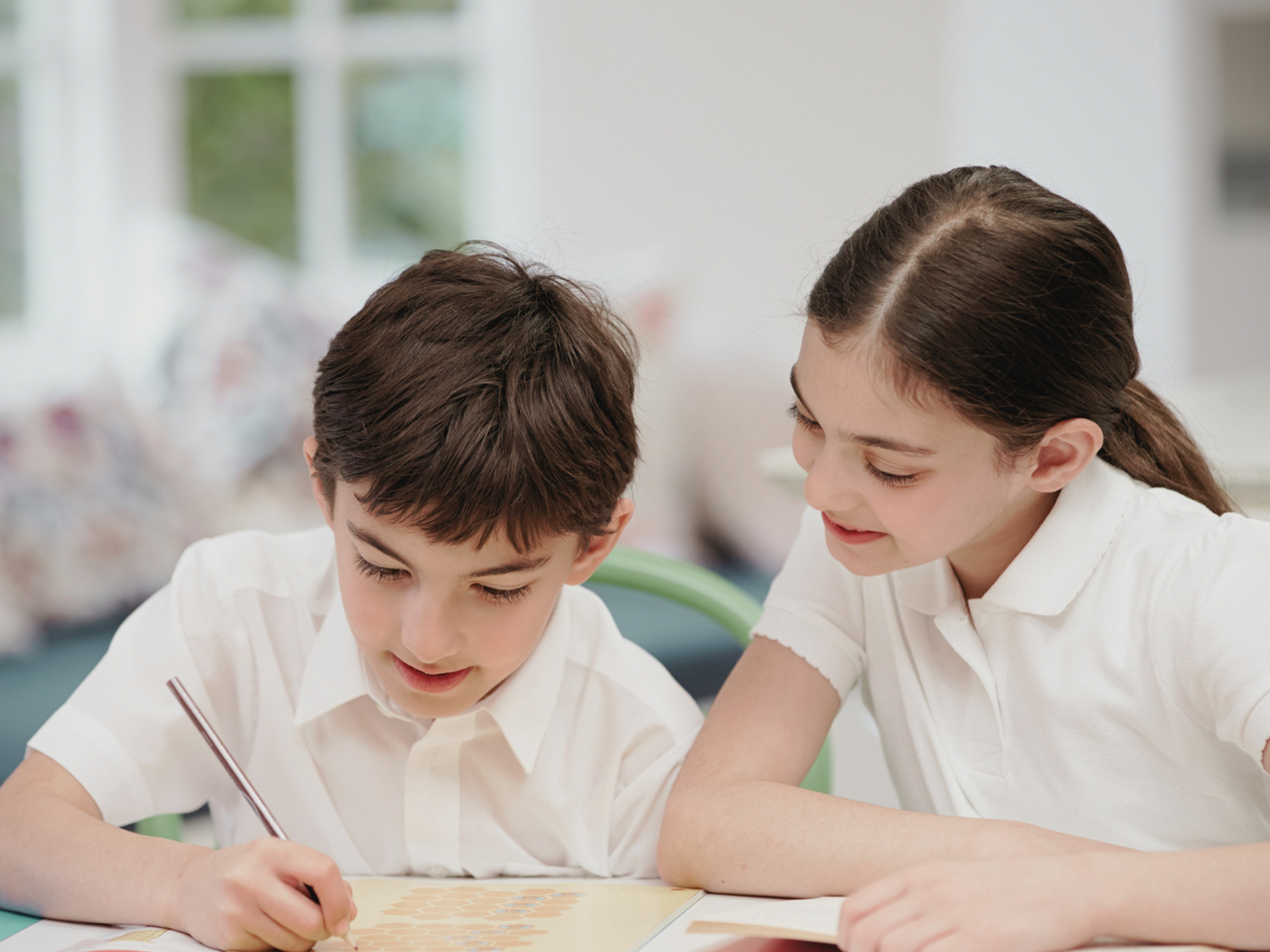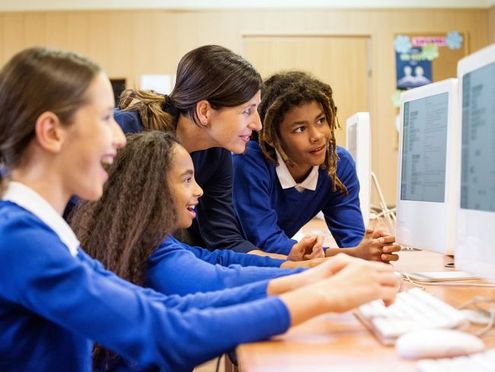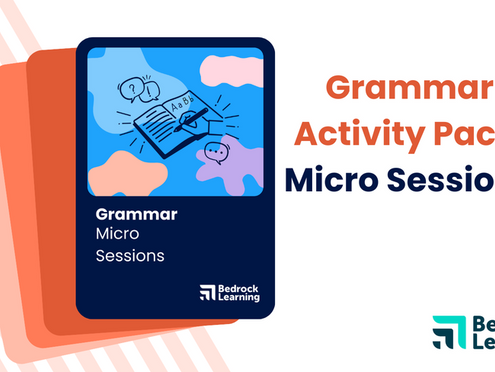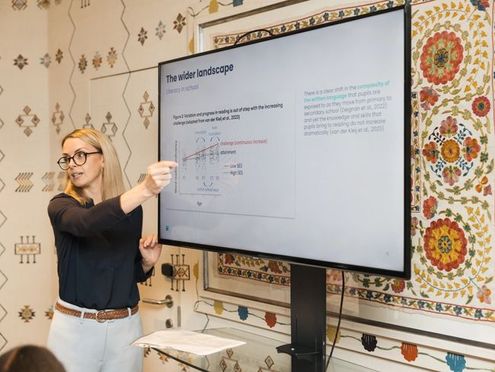What is mastery in education?
For those of you who are secondary school teachers by trade, mastery is a term used to describe a child’s level of understanding when it is at its most in-depth.
Learn more about the effectiveness of mastery learning, as well as how parents can support mastery.
A learner can be deemed to be working at a mastery level in maths when they can represent a mathematical concept independently and in a variety of ways. If a learner in Year 5 can solve long multiplication problems, explain how they solved them and then independently (outside of a specific multiplication lesson) use that skill to solve a problem, they are showing a mastery level of understanding of multiplication.
When I started teaching, there wasn’t much discussion about mastery. We used levels. When a child left primary school, they had a level in Maths and English. Children’s progress through school was based on the number of sub-levels they had moved through and most teachers could look over a piece of writing and state with some relative certainty: “This is 3a writing!”
But as with all systems of assessment, levels were problematic and reductive. No teacher can rely solely on data to garner a full picture of their learners’ progress.
When schools scrapped the levels system, panic ensued. Teachers needed to demonstrate progress, but how can we demonstrate progress without a concrete measurement? After a series of deeply confusing spreadsheets and meetings, we finally decided – along with many other schools – to use four key terms to evaluate progress: ‘working towards expected’, ‘at expected’, ‘working at greater depth’, and ‘mastery.’
By now, the majority of primary schools have managed to get their heads around the concept of mastery within their maths curriculum, but what about their literacy and vocabulary curriculum? What does a mastery approach look like then?
Mastery in reading
Let’s look at an example, based on a guided reading session on a Goodnight Mister Tom extract:
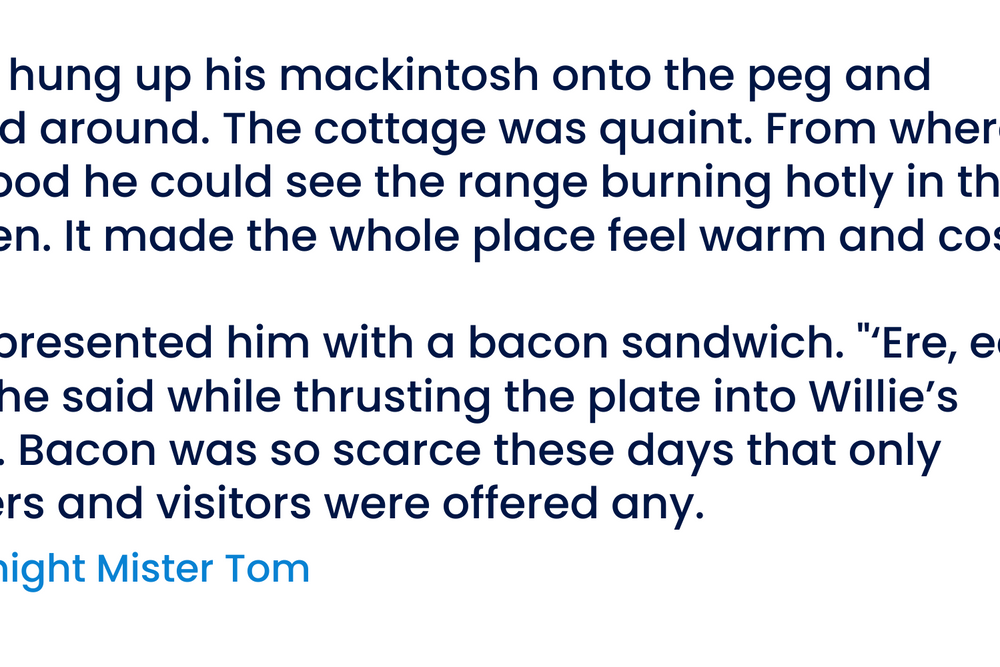
Goodnight Mister Tom extract
MR BASS: How did you feel about Tom after this passage?
CHILD A: He’s nice!
MR BASS: What made you think he's nice?
CHILD A: He gave Willie bacon, which is only for visitors.
(Here, I would be making a mental note that Child A is ‘working at expected level’ for that objective. They’ve listened, provided a viewpoint and justified it. If Child A went on to explain that he sounds nice but grumpy, because he uses short sentences when talking to Willie, then I’m marking them down as ‘greater depth’. To demonstrate mastery, I want Child A to be thinking about the language Michelle Magorian uses when describing Tom.
What would that look like? Let’s have a look.)
MR BASS: How did you feel about Tom after this passage?
CHILD A: He’s nice but seems a bit scary.
MR BASS: What made you think he's scary?
CHILD A: He gave him bacon, and there isn’t very much, so that’s a nice thing to do, but he ‘thrust’ the plate at Willie – that’s an angry way of giving him his dinner. It sounds like he’s angry.
Now you’re looking at mastery! The difference? Child A understands the vocabulary choices the author is making. Child A knows the meaning of words like ‘scarce’ and ‘thrust’ and can articulate that meaning in context.
Comments like this are unmissable opportunities. This one child might know the meaning of the word ‘thrust’, but are the rest of the class as confident? Analysis must be preceded by comprehension, so if we’re taking a mastery approach to our vocabulary curriculum, this would be the time to start using some of the following activities.
- Offer a student-friendly explanation of the word ‘thrust’. I would then ask learners to come up with their own example sentences, to make sure they really understand.
- Ask learners to draw pictures related to the word. If they can accurately explain how the picture represents the word’s meaning, then you can be sure that they really comprehend all the nuances of the word.
- Challenge learners to come up with synonyms and antonyms. This way, when they see the word ‘thrust’ in the future, they are able to make the connection that ‘thrusting is similar to pushing’, or that ‘thrusting is the opposite of pulling’.
- Encourage learners to process all the ideas that a word conveys. If you can encourage your class to be creative and come up with metaphors that capture a word’s connotations, then you know that they really understand the meaning of new vocabulary.
Mastery in writing
Mastery in writing represents much the same thing in literacy as it does in maths – a deep understanding of each curriculum strand, to the point where the student uses it independently and in a variety of ways. Unless learners have a deep, layered understanding of the English language, they are not going to be able to express opinions at all, let alone in a variety of ways. As Wittgenstein famously stated, “The limits of my language mean the limits of my world.”
As teachers, we all know the child who has a tough home life, behaviour issues and who scores poorly in statutory tests, but has the most incredible imagination. This child could write the most amazing, wonderful stories if they just had the right words.
It sounds like a ridiculously obvious statement, but words are at the heart of literacy. Our ability to write effectively depends on our ability to choose the right words for the writing task at hand. If you are looking for ways to inspire your class and push them towards a mastery of literacy, look at their vocabularies. Not just your PP cohort or your LA table – everyone.
Spellings, word of the week and dictionary challenges are not enough. A thorough vocabulary curriculum is required.
To me, literacy mastery is mastery of expression. It is mastery of storytelling and poetry. It is the understanding of words beyond definitions and dictionaries. It is being able to envision words as physical images, and having the ability to draw connections between word and world. Achieving this mastery should be an aspiration that we have for every learner in our care. After all, the limits of their language really are the limits of their worlds.
How are you taking a mastery approach to your vocabulary curriculum?
